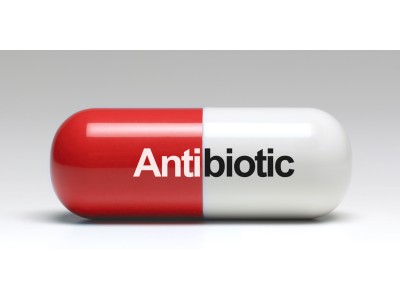Using beer as a substitute for liquid medication when taking antibiotics is not advisable and can be harmful. Antibiotics are prescribed to treat bacterial infections and are formulated to work effectively at specific dosages and in particular forms, such as tablets, capsules, or liquid suspensions. Beer, being an alcoholic beverage, not only lacks the medicinal properties required to combat infections but can also interfere with the efficacy of antibiotics. Alcohol can alter the way the body metabolizes antibiotics, potentially reducing their effectiveness or causing adverse reactions. Additionally, mixing alcohol with certain antibiotics can lead to serious side effects, including nausea, vomiting, dizziness, and liver damage.
The prescribed form of antibiotics ensures that the active ingredient is delivered correctly to the body to fight the infection. Replacing the recommended liquid medication with beer disrupts this process, as beer does not contain the necessary medicinal compounds and can impede the body's ability to heal. It's essential to follow the dosage and administration instructions provided by healthcare professionals to ensure the medication works as intended. Furthermore, alcohol consumption while on antibiotics can weaken the immune system, further complicating recovery and prolonging illness.
In summary, beer cannot and should not be used as a substitute for liquid medication when taking antibiotics. It's crucial to adhere to medical advice and use antibiotics as prescribed to achieve the best therapeutic outcomes and avoid potentially harmful interactions and side effects. Always consult with a healthcare provider if there are any concerns about medication or if experiencing difficulty with the prescribed form of antibiotics.
